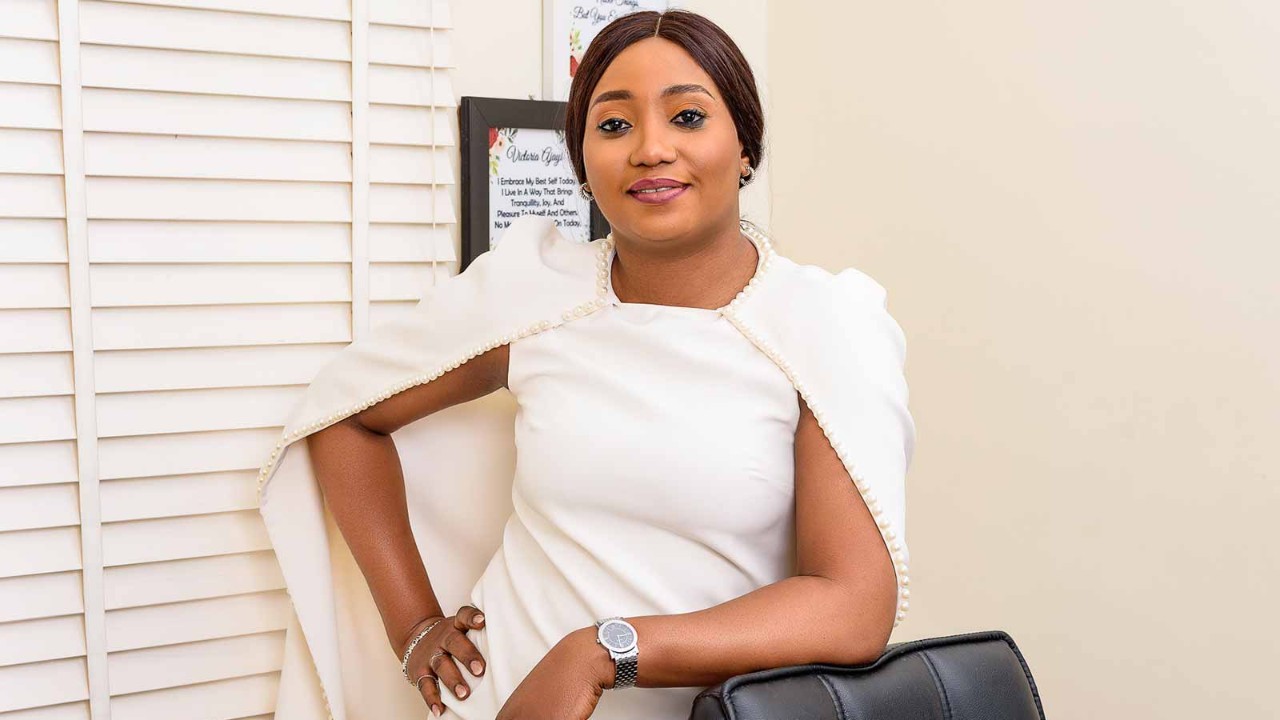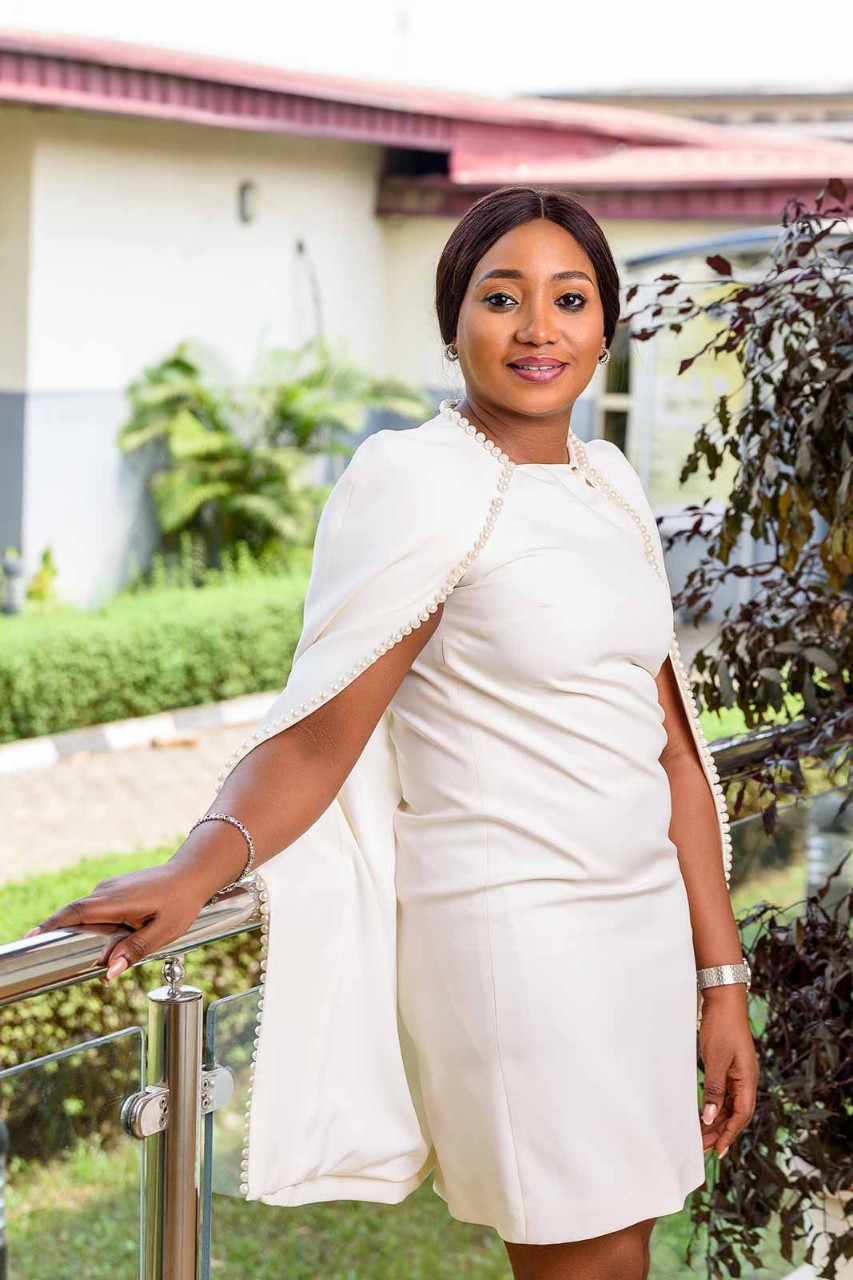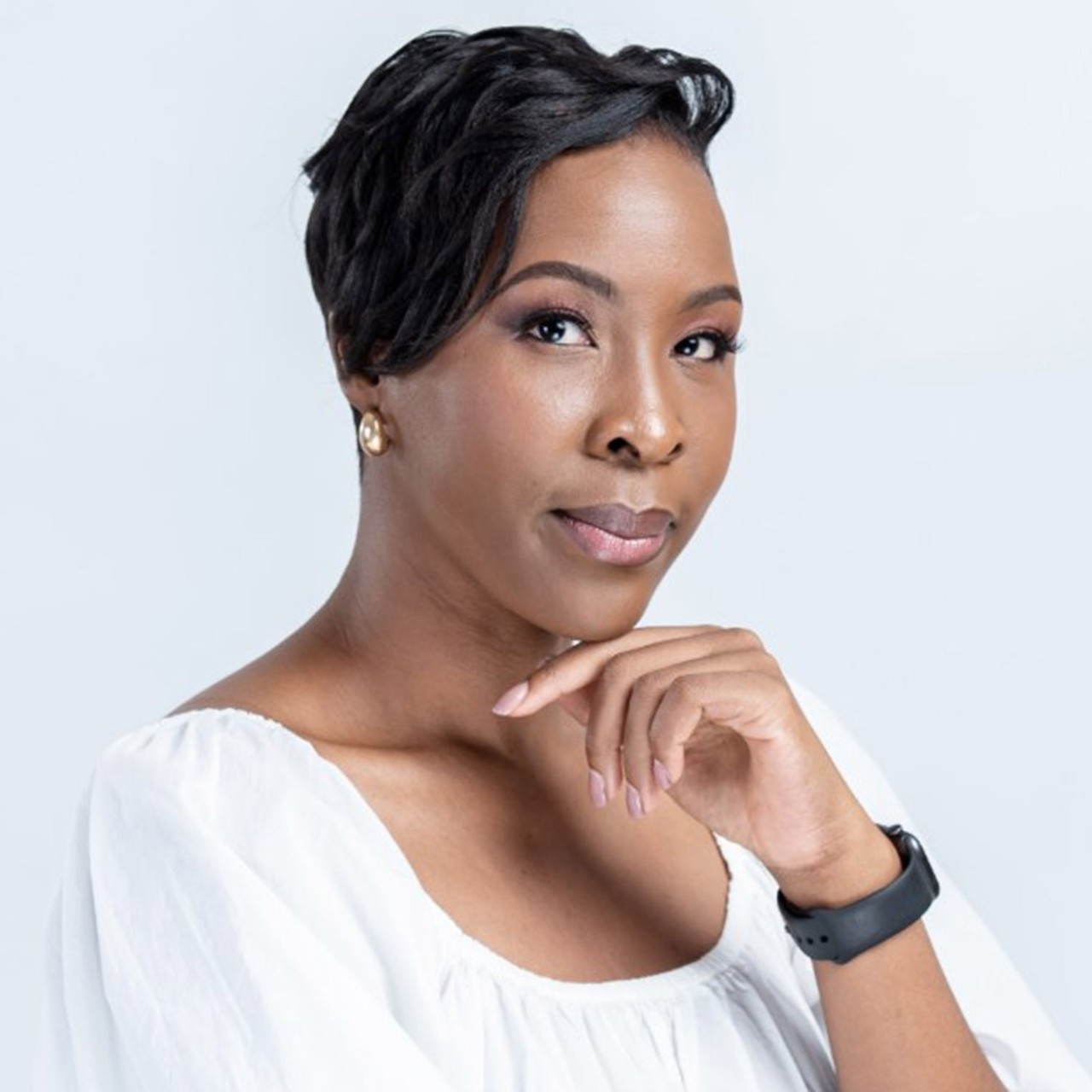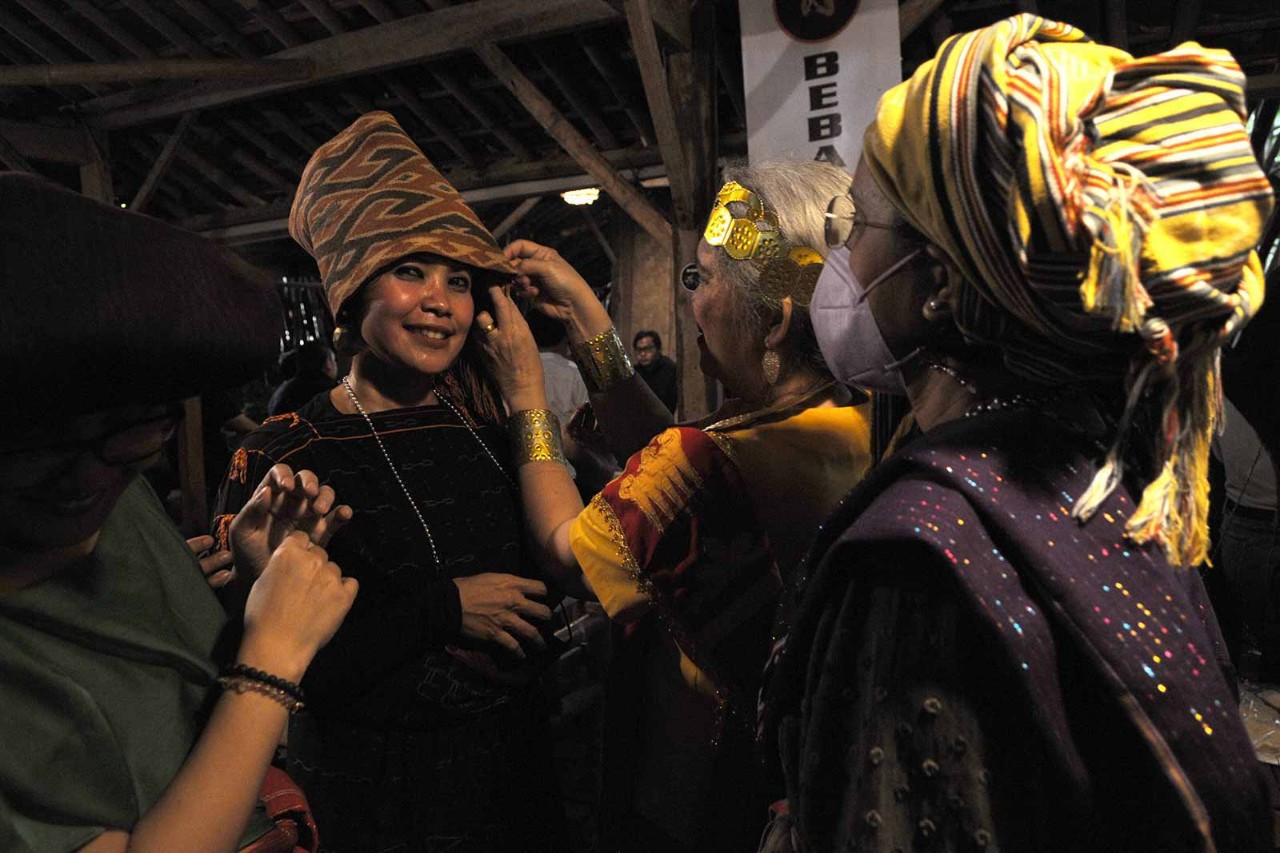
It’s been an intense few weeks for Victoria Ajayi FCCA, deputy CFO of Nigerian broadcaster TVC Communications. In the run-up to the recent general election, she says there was a ‘real buzz’ about the company as its stations covered the progress of the three main candidates for the presidency.
Finance, she says, was at the heart of planning for the election coverage, with much of it devoted to keeping reporters in the field in 36 provincial states. ‘Everything was geared towards the election,’ she recalls.
‘A large part of my job is to ensure the business buys the right content at the right prices’
Founded in 2007, TVC has grown to become one of Nigeria’s top-three broadcasters, with a daily audience averaging 24 million. Ajayi helps run its two television stations – news and entertainment – as well as three radio stations (in Abuja, Adaba and Akure), with a team of 14 finance staff in support. Outside the election period, much of her work, she says, involves supporting the business teams and their leaders in negotiations and contracts.
‘We’re in the business of creating content, which is what generates revenue through advertising,’ she says. ‘So a large part of my job is to ensure the business buys the right content at the right prices.
‘I also support the CEO in decision-making, providing financial intelligence, because for everything he does, every decision he makes, he needs to know how it impacts the bottom line.’
UK experience
Armed with a degree in accounting and a master’s in financial management from UK universities Oxford Brookes and John Moores Liverpool, Ajayi joined TVC in 2013 as head of finance. She had had a spell as a finance manager with a construction firm in Lagos, and six years in London as a financial analyst with the Hyde Group Housing Association, where she gained her ACCA Qualification.
A member of ACCA Council, she describes the professional body as ‘an essential professional network’, a belief that also led her to found the ACCA Women’s Network Nigeria after she observed how few women attended professional events. On the first day, 60 women joined. There are now 230, exchanging information and, more importantly, offering mutual support.
‘Women want a safe space to share information and ask questions’
‘I knew their concerns,’ says Ajayi. ‘Women want a safe space to share information and ask questions. They don’t want to be judged or feel that people are thinking: “She should know that already.’’’
Alongside these activities, she is also the founder of a small corporate and gift card company, run by a general manager, and the mother of two young children. Little wonder then that she helped lead a campaign for a workplace creche at TVC.
CV
2017–present
Deputy CFO, TVC Communications, Lagos, Nigeria
2013
Head of finance, TVC Communications, Lagos, Nigeria
2013–present
Co-founder and CEO, Emerald Card Solutions, Lagos, Nigeria
2012
Finance manager, Magni Concepts Construction, Lagos, Nigeria
2005
Development finance analyst, The Hyde Group, UK
Security risks
Ajayi is full of enthusiasm about the election coverage, though some aspects were more concerning than others. On top of the election tensions, the mood in Nigeria has been fraught after the government launched a bank note swap, which left many people unable to obtain cash. Riots have broken out at some banks.

That’s unsettling given that TVC learned the hard way how protests can turn violent. In October 2020, while Ajayi was working from home, demonstrators broke into the company’s Lagos offices and set it alight, injuring several staff members. TVC, they claimed, had failed to give their views enough airtime.
The disaster placed Ajayi at the heart of recovery efforts. The building and much of the broadcasting equipment inside was lost, so Ajayi and her team of 14 began round-the-clock efforts contacting suppliers for replacements. She found herself working outdoors with other staff members in the shade of trees, but within 72 hours TVC had rallied and broadcasts resumed.
‘It was draining, but it was also quite rewarding that we were able to come back so quickly, which was down to staff pulling together and a clear determination from the board to restore business,’ Ajayi reflects.
Airtime for assets
Right now, though, it’s comparatively business as usual. As well as all the typical finance services, Ajayi’s department handles procurement, which often involves barter arrangements trading airtime in return for much needed assets. She visibly comes alive when talking about another aspect of her role, providing financial analysis for new projects, such as acquisitions. ‘It’s more exciting than routine tasks because it’s spontaneous,’ she explains.
‘We are constantly thinking how we can make our output better by using the best technology’
Equipment, Ajayi notes with a hint of exasperation, is one of the biggest risks she faces. ‘The rate at which technology moves is amazing,’ she notes, but adds: ‘We are constantly thinking how we can make our output better by using the best technology.’
Transformation at TVC is more fundamental though. The pandemic demonstrated the importance of the internet to traditional broadcast players, which means Ajayi has been instrumental in helping move content online through YouTube and new apps. It has grown to account for a decent proportion of the company’s revenues in just two years.
‘Media is being disrupted right now by digital, so we have to ensure we’re not missing out,’ she says with relish. ‘Our goal this year is digital first.’
TVC in numbers
2007
Foundation year
5
Channels: TVC News, TVC Entertainment, Max FM (Lagos and Abuja), Adaba FM (Akure)
24 million
Average daily audience
57%
TVC Entertainment market share
36%
TVC News reach
550
Full-time employees, plus 200 freelancers
More information
Find out about ACCA’s celebrations of International Women’s Day 2023



